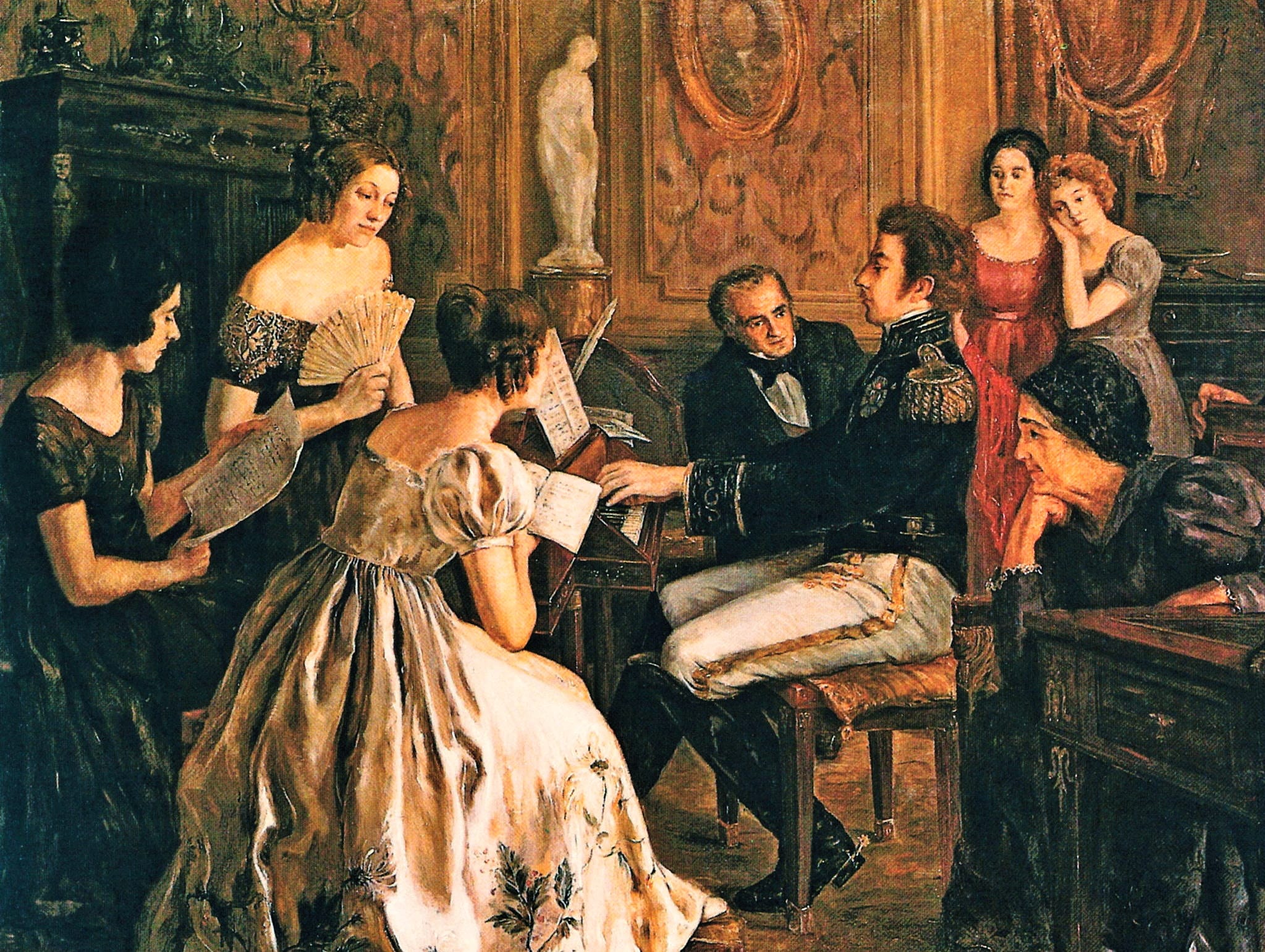The First Emperor of Brazil, Dom Pedro I, had a highly refined musical education, as was customary among the Bragança family. Among his teachers were Marcos Portugal and Sigismund Neukomm. He played the bugle, flute, violin, bassoon, trombone, and harpsichord.

He is the author of the Hymn of Brazilian Independence and the Constitutional Hymn of Portugal, among various other sacred works such as masses and Te Deum praises, which, in the form of musical documents, are being collected and inscribed in UNESCO’s Memory of the World program as part of the celebrations of the 200 years of Independence.
The Irish Reverend Robert Walsh, chaplain of the British embassy in Brazil from 1828 to 1829, declared about the emperor:
“The activity to which he is most devoted is music, for which he has developed, at an early age, a strong predilection, and has shown decided talent. He not only learned to play a variety of instruments but composed, I was informed, many of the songs for his father’s chapel; and the most popular piece now in Brazil, both the words and the music, are of his composition, attesting his talent.”
Reference: BUDASZ, Rogério. Opera in the Tropics: Music and Theater in Early Modern Brazil. United Kingdom: Oxford University Press, 2019.

Matheus Araújo
Matheus Araújo is the founder and editor of Brazilian History. Born in Rio de Janeiro and holding a degree in Advertising and Marketing, his passion for history led him to enroll at the Federal University of the State of Rio de Janeiro, where he is currently pursuing a degree in History Education.
